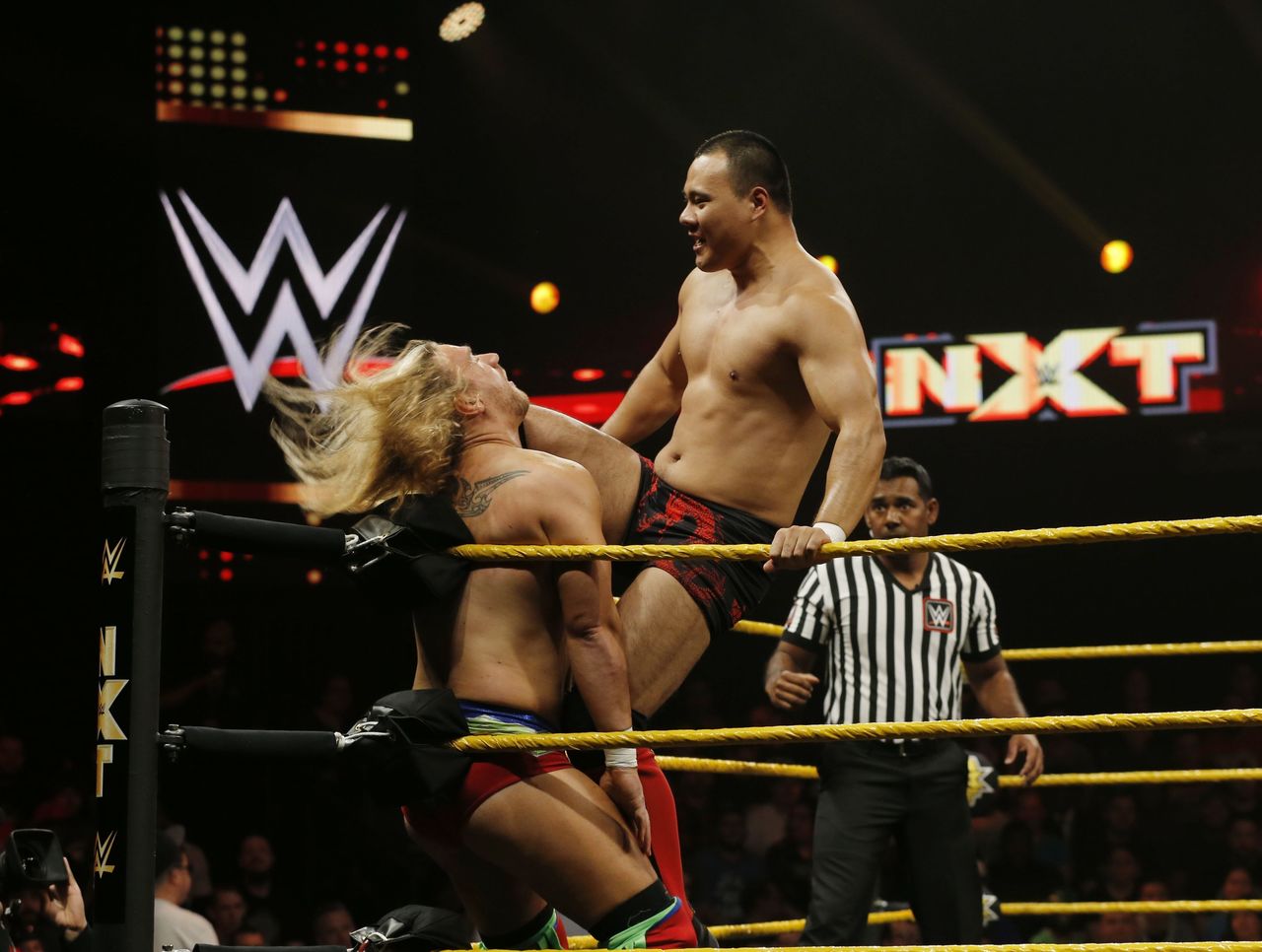3 things the NFL must do to prevent its own demise: Solve streaming
The NFL is the most popular sports league in North America, but its long-term viability is under severe threat from several angles. It's not too late for the NFL to prevent its own demise, but there is no time to waste. This series will explore why the NFL will die if it doesn't:
- Fix player safety
- Solve streaming
- Go global
Cord-cutting is killing cable television. A radical reorganization of broadcast media, and thus live sports, appears inevitable. Look no further than ESPN; the sports giant recently laid off upwards of 100 TV and web personalities amid free-falling subscriber rates. The NFL cannot stand idly by while its television partners, the source of billions in revenue, wither.
The NFL must take control of its TV future
The NFL's TV viewership declined last season for the first time in years. A riveting presidential election surely contributed to the 8 percent drop in the league's average audience, but it would be foolish to dismiss the changing ways audiences consume sports as a major factor.
NFL games are often very entertaining, but they are also long, full of annoying commercials, and now spread across so many days and times that it can feel overwhelming. It's easy to follow games online, or in an app, and watch highlights on YouTube, Twitter, and Facebook.
The NFL earns an estimated $7 billion annually from its TV rights deals with NBC, CBS, FOX, and ESPN, money that has made the NFL the richest sports league on the planet.
But that money won't keep flowing forever. To secure its future as America's favorite live television program, the NFL should look to an unlikely source: World Wrestling Entertainment.

Vince McMahon's company failed spectacularly in its attempt to compete on the gridiron with the XFL, but the WWE's successes delivering its core product to fans can serve as inspiration for how the NFL might take a far more vertically integrated approach to content.
The WWE employs its own television crews, which produce the shows that air not only on network television, but also on pay-per-view and the WWE's online streaming service, WWE Network.
Launched in 2014, WWE Network is a Netflix-like service that features both archival and live video content. With more than 1.5 million paying subscribers and a monthly subscription fee of $9.99 in the U.S., the service generates nearly $200 million in annual revenue.
That might look like pennies compared to the billions the NFL earns from its domestic TV partners, but the NFL should see WWE Network as a template for how it can take control of its product and continue thriving even if traditional TV dies off.
Would you pay $9.99 per month for an NFL streaming service if it was the only way to watch football on Sundays? What about the playoffs? Would you pay $9.99 per week?
The average NFL game last season was watched by more than 16 million people. If the NFL could convince even half that audience to pay $9.99 per week from September to January, it would earn roughly $1.6 billion. If the league could supplement that with revenue from in-game commercials (which hit a record $3.5 billion in 2016), it could perhaps approach what it earns today from its broadcast partners.

By owning and controlling not only the production of content but also the means of distribution, the NFL could get more creative in the ways it earns money. Ads could be better integrated with gameplay, shortening broadcasts and leading to a more enjoyable viewing experience.
The NFL seems to understand at some level that a new broadcast model is unavoidable and has tested the streaming waters in recent years, but only with the tip of its toes. Yahoo was a streaming partner, as was Twitter. Neither was a rousing success. This year, Amazon will stream 10 Thursday Night Football games, but they will also be simulcast on NBC/CBS and NFL Network. The league isn't ready to turn off the firehose of network TV money just yet.
The day is coming when the NFL will take the plunge and leave traditional broadcast TV to begin directly serving content to consumers. The question is whether the league might miss out on the opportunity to dominate the next live sports paradigm by not accelerating that day's arrival.
(Photos courtesy: Action Images)